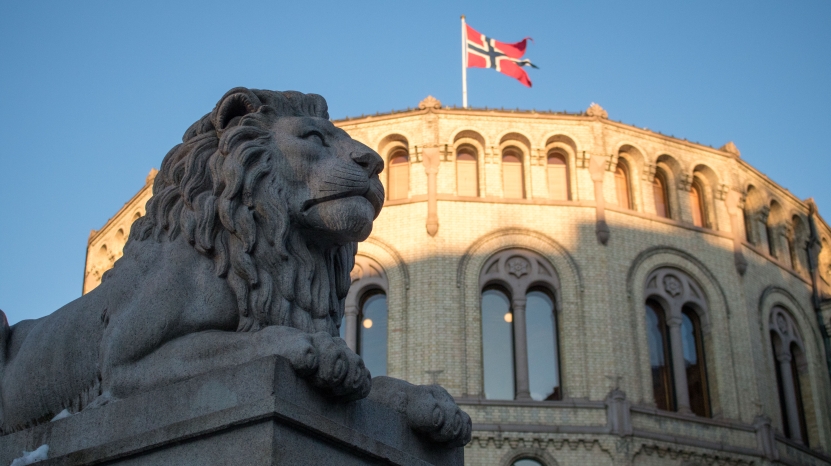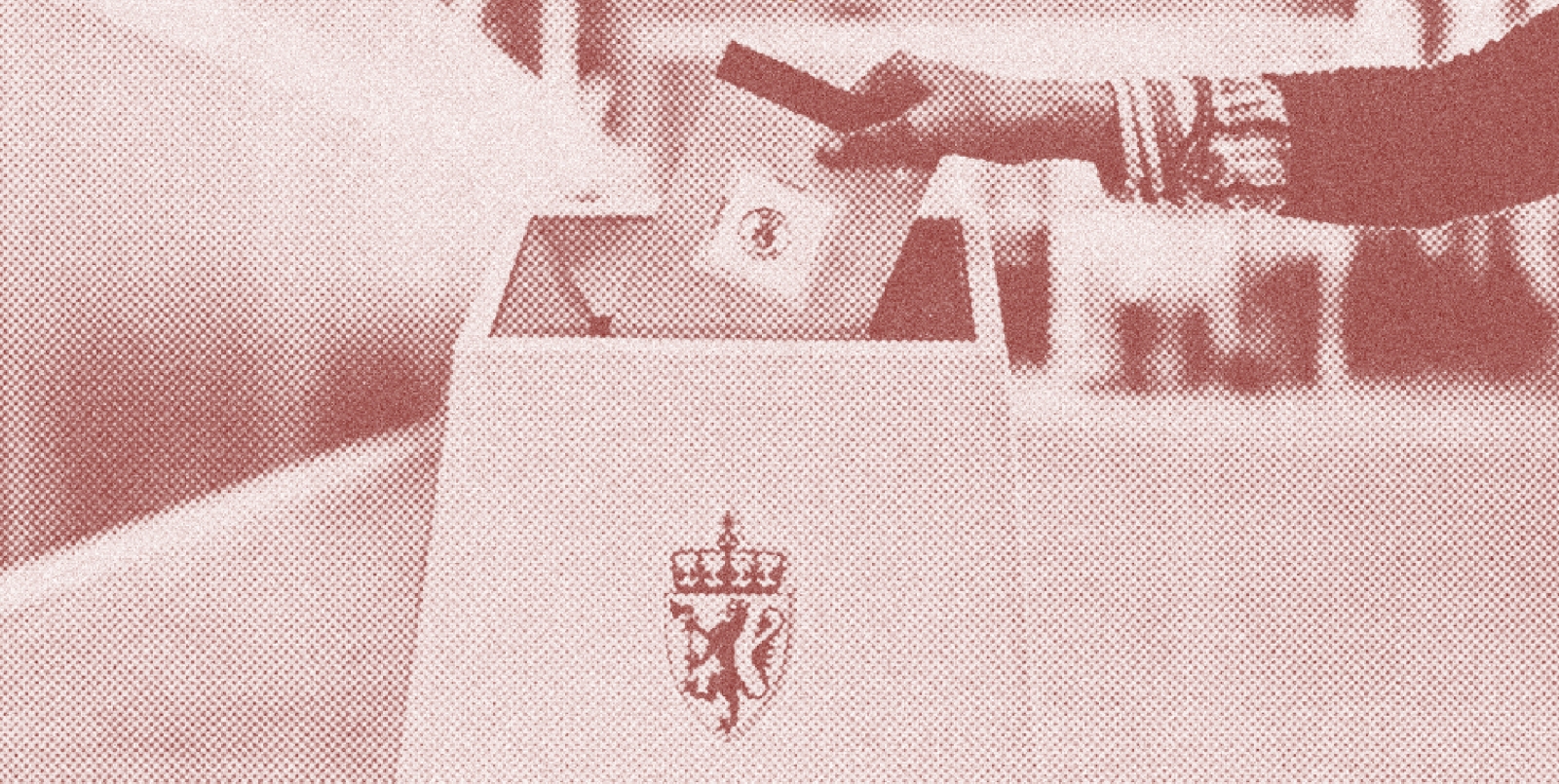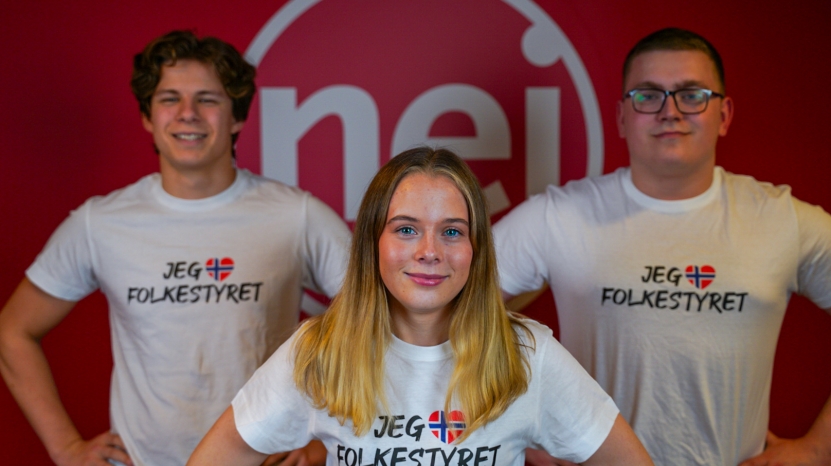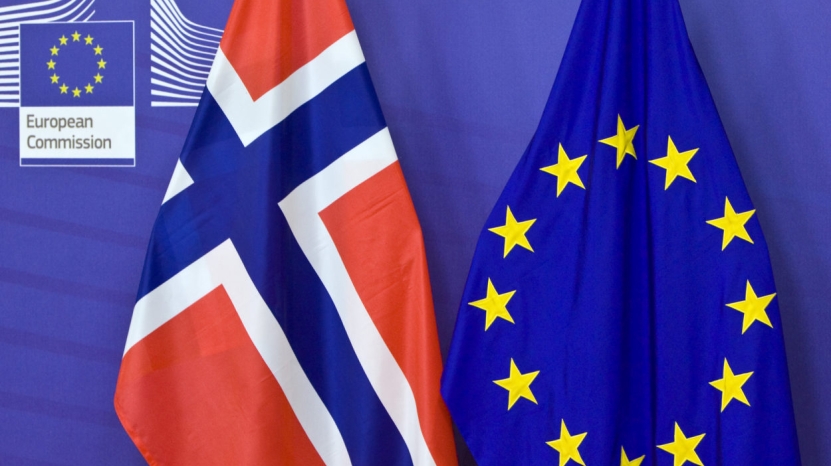
Oslo 's new parliament - what will flashpoints with EU be?
Norway’s relationship to the EU will in particular be controversial on matters related to tariffs, labour rights and the electricity market.

Prime minister Jonas Gahr Støre of the Labour Party (Arbeiderpartiet) will remain in office for a second term after the Norwegian election on Monday 8th of September. Labour made some gains and is still the largest party in parliament (see table 1). The newly elected national parliament (Stortinget) will commence working on 1st of October. Most likely there will still be a minority one party government of Labour, now supported by a centre-left coalition of the Centre Party (Senterpartiet), Socialist Left Party (SV), Red (Rødt) and also the Greens (MDG).
Norway’s relationship to the EU has for several decades been one of the most controversial political issues in the high north country, making and breaking government coalitions. A main fallout from the recent election is a majority opposed to EU membership among the MPs. Centre Party, Socialist Left Party, Red, Christian People’s Party and Progress Party (Fremskrittspartiet) are all against EU membership, and increased their number of MPs from 73 to 81. Several MPs from Labour are also opposed, producing a majority within the 169 representatives strong Storting. The Labour party as such has not a policy either pro or against EU membership.
The three parties in favour of joining the EU – Conservatives (Høyre), Liberals (Venstre) and Greens (MDG) – got only 35 MPs, down from 47. In the election, parties in favour of joining the EU received less than a quarter of the votes (23 %).
Red | Socialist Left Party | Labour Party | Centre Party | The Greens | The Liberals | Christian People’s Party | Conservative Party | Progress Party |
5,3 % (9) | 5,6 % (9) | 28,0 % (53) | 5,6 % (9) | 4,7 % (8) | 3,7 % (3) | 4,2 % | 14,6 % | 23,8 % (47) |
Table 1: Norwegian election results 2025, percentage and representatives in parliament (total of 169). Source: valg.no
Norwegians have twice rejected joining the European Union, in the 1972 and 1994 referendums. Eurosceptic sentiment has been kept strong, so much so that in the past twenty years every single poll has showed a “no” majority. The most recent polling in August found 55 % of Norwegians opposed to joining the EU and 33 % in favour (see table 2). The youngest voters (below 30 years old) are particularly opposed to the EU, 60 % saying “no” and only 24 % “yes”.
In many ways Norway has thrived as an independent European nation, and is on matters such as environment, security and foreign aid a global player contributing far beyond the country’s modest size. The Norwegian economy has enjoyed many years of growth stronger than the economies of EU Member States.
Yes or no to EU membership? | |
No | 55 % |
Yes | 33 % |
Don’t know | 12 % |
Table 2: Poll on EU in August 2025. The question posed: “If there was a referendum on EU membership tomorrow, would you vote yes or no?“ Source: Opinion/Altinget.
Two years prior to the EU referendum in 1994, Norway and other EFTA countries negotiated the EEA agreement (European Economic Area), making the EFTA countries part of the EU single market from January 1st 1994. This agreement was never put to a referendum in Norway, and it was agreed upon largely based on a failed expectation that Norway would become a member of the EU shortly thereafter. Switzerland, however, rejected the EEA agreement in a referendum. Thus, the EFTA pilar of the EEA is Norway, Iceland and Liechtenstein.
There is a vocal concern about Norway’s subordinate relationship with the EU. A seemingly never-ending tide of new EU market acts are coming to the EEA, some 15,000 EU directives and regulations have to this day been implemented. Also, the scrutiny on national policies by the EFTA Surveillance Authority (ESA) in Brussels causes heated discussions. The EEA is affecting labour laws and workers’ rights, regional policies, public aid programmes, transport of both goods and passengers, financial sector, the energy market, climate policies and other issues, including sectors that were supposed be outside the EEA, such as fisheries and agriculture.
Neither EU membership nor the EEA agreement was a major topic in the recent election. Prime minister Jonas Gahr Støre and parties supporting the EEA are embracing a shared core message: that Norway needs the EEA agreement to sell goods to the EU. This argument has always been misleading. Norwegian industry had duty free access on exports to the EU before the EEA – and this free trade agreement would still apply if the EEA agreement was terminated. However, there is a strong majority in parliament in favour of the EEA.
| Red | Socialist Left Party | Labour Party | Centre Party | The Greens | The Liberals | Christian People’s Party | Conservative Party | Progress Party |
EU membership | No | No | Open | No | Yes | Yes | No | Yes | No |
EEA agreement | No | No (but keep it until 2029) | Yes | No | Yes | Yes | Yes | Yes | Yes |
Table 3: The policy of the nine parties in the Norwegian parliament on EU membership and the EEA agreement.
EFTA partners Norway, Iceland and Liechtenstein each have the legal right to reject new EU legislation before it is adopted into the EEA agreement. A key issue now is if Norway should implement EU’s fourth energy package (“Clean energy”). Critics find the deregulation and transfer of national sovereignty to be too far reaching.
Norway is a major producer of energy. Hardly anything matters more to the backbone of Norwegian industry than long-term access to electric power at competitive prices. New cables for transfer of electricity to the European continent and the UK have resulted in much higher electricity prices in Norway. This is perceived as a threat to industry providing jobs across the country. The parties opposing ACER argue that the renewable hydro electricity is needed nationally to transform and reduce emissions from industry, and to phase out fossil fuels in the transport sector. Also, the export of electricity is only a fraction of the energy Norway provides to Europe as gas and oil. The parties want stronger national regulations of the electricity market and prices, challenging EU/EEA law.
The Labour Party voted in favour of joining ACER back in 2018, but the issue was highly controversial within the party as well. Early this year, in January, the Centre Party left offices of government because coalition big brother Labour wanted to implement three directives of the fourth energy package. In June, the now single Labour government got approval in parliament to adopt the directives on renewable energy, energy efficiency and energy performance of buildings.
However, Labour has promised not to accept the remaining and most controversial five legal acts of the package in the coming parliamentary term (until 2029), concerning market design and regulation. The Progress party, Centre Party, Socialist Left and Red are all strongly opposed to the fourth energy package, meaning there is no majority in parliament for the acts to be adopted.
The election fallout on Norway’s relationship with the EU is a four-year stalemate. It’s quite obvious that the government will not send any membership application to Brussels. Also, it’s pretty certain that Norway will not leave or re-negotiate the EEA within the next four years. Less evident is how the contentious issues within the EEA will be handled. The coming years could easily see Norway reject some EU laws or demand derogations for national regulation of working life, health services, critical raw materials, wastewater treatment and electricity market.

Norway’s relationship to the EU will in particular be controversial on matters related to tariffs, labour rights and the electricity market.

The world is bigger than the EU. Read about democracy, welfare and economy, solidarity and security, climate and the environment.

Ahead of the election on 13th of September: The parties opposed to EU mebership and the EEA Agreement — the Red Party, Socialist Left Party and Centre Party — are expected to make significant gains.